Cap Rate Explained—Making Sure Your Rental Property Is Profitable
The cap rate, short for capitalization rate, is a financial tool used in the real estate industry to estimate the potential return on investment (ROI) of a property. The cap rate is one of the most important factors to consider when buying a piece of land, especially if you want to rent the property for passive income. You can calculate the cap rate by dividing the property's net operating income (NOI) by its purchase price or current market value.
Net operating income represents the property's annual income generated from rental payments minus operating expenses such as property taxes, insurance, maintenance costs, property management fees, and vacancy allowances. The cap rate is a snapshot of the property's expected rate of return without factoring in financing or mortgage costs. It is a benchmark for comparing different investment opportunities and determining the relative value of properties in the market.
A higher cap rate generally indicates a higher potential return on investment, and a lower cap rate suggests a lower return. Cap rates can vary significantly based on location, property type, market conditions, investor preferences, and other factors. However, cap rates alone should not be the sole determining factor in evaluating a property, as other factors such as appreciation potential, cash flow, and market trends are also important considerations.
Ultimately, the cap rate is a great tool to assess the profitability and risk associated with a real estate investment, allowing investors to make informed decisions based on their investment goals and risk tolerance. Investing in rental properties can be a profitable business opportunity, but not all properties are created equal. Determining the potential value of a rental property requires careful evaluation and consideration of various factors.
To make informed decisions in your investment journey, it is beneficial to collaborate with a company like The McLemore Group. We can provide expert advice on property profitability, ensuring you take the best path forward with your investing. We also take responsibility for understanding the cap rate and all of the factors to consider when buying a property so there is no added stress for you.
This article will explore important indicators and strategies to help you assess whether a rental property holds value and has the potential for long-term profitability. By following these guidelines and working with The McLemore Group, you can make informed decisions to maximize the returns on your real estate investments.
Location Analysis
The location of a rental property is a critical factor in determining its value. When looking at potential properties, it is necessary to consider factors such as proximity to amenities (schools, parks, shopping centers), public transportation, employment opportunities, and desirable neighborhoods. Properties located in areas experiencing growth and development are also more likely to appreciate over time, which is another factor to weigh when scoping properties.
Market Research
Conduct thorough market research (or work with a company that can do this research for you) to gauge the demand and rental rates in the area. The McLemore Group can assist you with expert market research on any property you are considering. Our skilled agents will analyze vacancy rates, rental yield, and comparable properties nearby to understand the local market dynamics.
Property Condition
Assess the condition of every property you consider buying. Property conditions such as structural integrity, maintenance requirements, and potential renovation or improvement needs can be expensive to fix and maintain. A well-maintained property with modern amenities and appealing aesthetics can attract higher-quality tenants and command higher rental rates, which is more money in your pocket.
Rental Income Potential
Calculate the potential rental income by analyzing the rental rates of similar properties nearby. Consider the number of bedrooms, bathrooms, square footage, and additional amenities when comparing these properties for accurate projection. You must ensure the projected rental income is sufficient to cover expenses like mortgage payments, property taxes, insurance, and maintenance costs.
Cash Flow Analysis
Evaluate the cash flow potential of the rental property by deducting the anticipated expenses from the projected rental income. A positive cash flow indicates that the property generates more money than it costs to maintain, ensuring profitability. Conversely, negative cash flow may require additional financial resources to sustain the investment.
Appreciation Potential
Consider the potential for property value appreciation over time. Economic growth, infrastructure development, and revitalization projects can positively impact property values. It is also important to research historical appreciation rates in the area to assess the long-term potential for capital gains.
Rental Market Stability
Evaluate the stability and resilience of the rental market in the area. Look for indicators such as low vacancy rates, a growing population, and a diverse local economy. A stable rental market reduces the risk of prolonged vacancy and ensures a steady rental income stream.
Legal Considerations
Familiarize yourself with local landlord-tenant laws, zoning regulations, and any legal obligations associated with rental properties. Compliance with these regulations ensures a smooth and hassle-free rental experience while minimizing potential legal issues.
Assessing the value of rental property requires a comprehensive evaluation of various factors such as location, market conditions, property condition, rental income potential, cash flow analysis, appreciation potential, rental market stability, and legal considerations. To ensure all the important aspects are covered, it's crucial to partner with a company like The McLemore Group so that no stone is left unturned.
If not, you may buy a property with a low cap rate that does not give you the passive income you are looking for in a property. Or worse, you could buy a property that you lose money with. We at The McLemore Group will work hard to reduce possible risks and guide you to the perfect property for your investment venture.
By conducting thorough research and analysis, The McLemore Group makes informed investment decisions and works closely with each client to increase the likelihood of a profitable rental property venture.
Copyright © 2018-2024 Minieri & Company, LLC. All Rights Reserved.

Meet Kevin McLemore | Realtor® NC/SC
Kevin McLemore is a second generation real estate broker, having grown up in the business. The McLemore Group is centered around the strong bond that Kevin has with his father, Dan McLemore. They have been working together selling land, homes, and commercial projects for over 20 years.
Kevin specializes in helping sellers of unique properties get maximum value for their property with as little headache as possible. He has brokered transactions throughout the greater Charlotte region including the upstate of South Carolina.
Contact Kevin McLemore: (704) 361-7151











